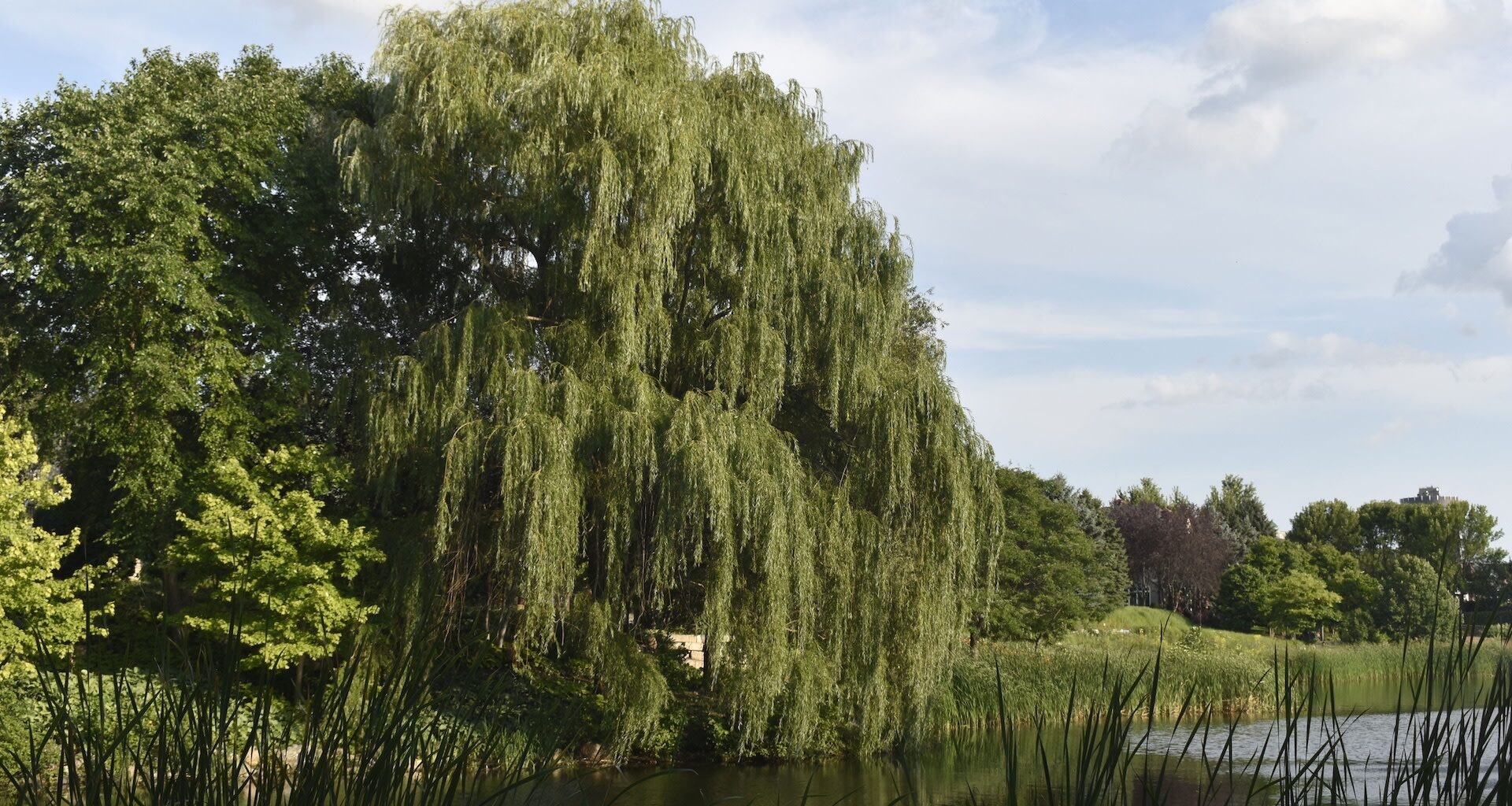A town in Minnesota has found a creative way to use the influx of invasive goldfish in a local lake — feeding them to zoo animals.
Pet goldfish dumped into Lake Cornelia in Edina completely took over, even mutating into much larger versions. The Daily Mail reported that in 2023, about 50,000 of the critters were removed from the lake, and so far this year, there have been over 8,500. The most shocking part is that “despite the number dramatically falling, the total weight of the catches remains about the same as some of the goldfish have mutated and doubled in size,” per the Mail.
The lake is currently unusable for residents who once enjoyed utilizing it for recreation and fishing. Edina Water Resources intern Peter Mans said he spent his summer “standing in a ‘writhing mass of fish'” in efforts to clean up the lake, the Mail added.
Nets are placed into the lake, and workers free native fish and remove the invasive or mutated ones on a weekly basis.
A new partnership allows the Minnesota Zoo to buy the captured invasive fish and feed them to animals like bears, sea lions, and otters — with mixed reviews.
Brown bears, sea lions, and otters have welcomed the new delicacy, but the black bears, leopards, and tigers are turning up their noses at the strange new food, according to the Mail.

Mitsubishi Electric’s efficient heating and cooling HVAC solutions can help you stay comfortable no matter the weather or region. You can even regulate temperatures in each room with individually controlled all-electric heat pump systems.
With an energy-efficient, all-climate system from Mitsubishi, you can reduce the amount of energy needed to heat and cool your home, receive up to $2,000 in tax credits, and get peace of mind knowing you’re choosing rigorously tested, high-quality products.
Nolan Schlichter, a zoo employee, told CBS News: “It could take some time to acclimate.”
Invasive species like these goldfish can wreak havoc on an ecosystem, consuming resources and food supplies, disrupting habitats, and even threatening people’s livelihoods. The monstrous mutants in Lake Cornelia disturb the lake bottom, making the water murky and stirring up phosphorus that can contribute to dangerous algae blooms.
Other places confront non-native species by putting them on people’s plates. Invasive species such as blue catfish, lionfish, and snakeheads are popping up on restaurant menus and kitchen tables.
As for the new zoo menu, Kelly Kappen, a Minnesota Zoo nutritionist, explained to the Star Tribune: “Zoos have historically over-relied on a very small number of fish species. Using local invasive species helps buffer us and gives animals more variety.”
Schlichter added, according to CBS News, that the fish are being cleaned out of the lake and fed to animals in a way consistent with their views on conservation is a “win-win all around.”
Join our free newsletter for good news and useful tips, and don’t miss this cool list of easy ways to help yourself while helping the planet.
